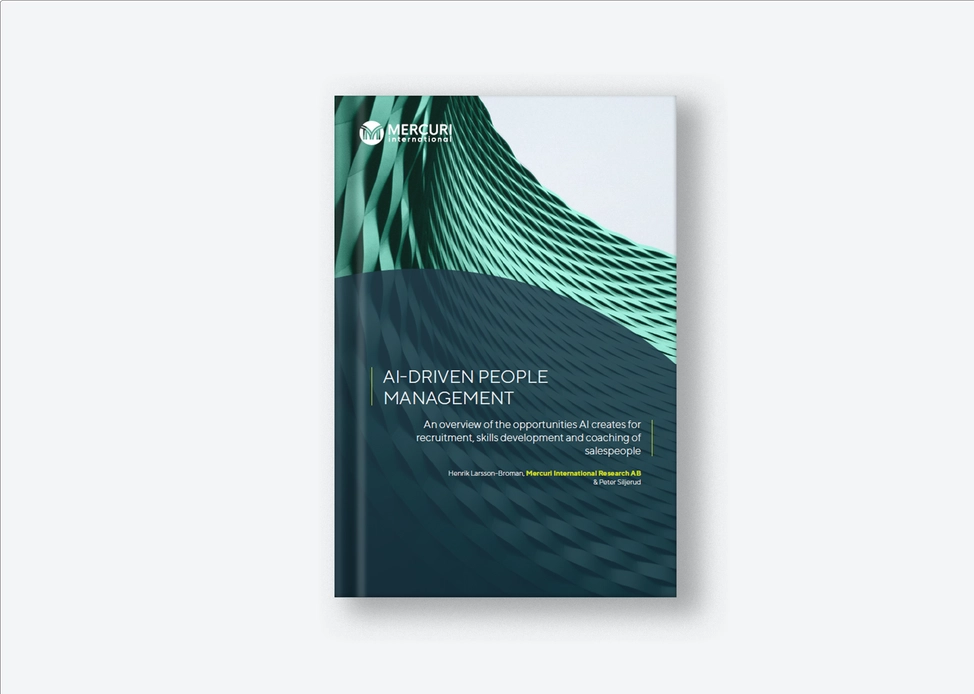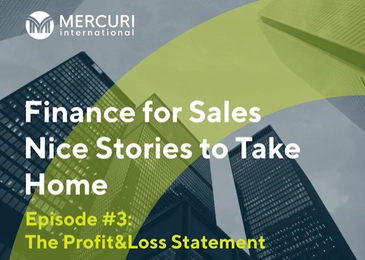Introduction: The Shifting Landscape of HR and People Management
The evolution of HR over the past three decades has been remarkable. From handling administrative tasks to becoming strategic partners, HR departments now play a critical role in talent acquisition, employee development, and organizational culture shaping.
The integration of Artificial Intelligence (AI) into HR processes marks a new era, offering unparalleled improvements in efficiency and effectiveness. AI’s application in recruitment, skills development, and sales coaching is a testament to its transformative impact. By leveraging AI, HR functions are not only becoming more efficient but also more strategic and data-driven, significantly impacting overall company performance.
But how exactly are we supposed to go about it?
Recruitment and Selection with AI
The integration of AI in recruitment processes has revolutionized how companies attract, select, and retain talent. AI aids in accurately understanding a company’s cultural and operational needs, thereby refining job descriptions and advertisements to attract suitable candidates. The use of AI tools like Browse.ai for job advertisement analysis, Arya for candidate searching, and Ideal (Ceridian) for application evaluation streamlines the recruitment process, making it more efficient and effective. These tools not only save time but also ensure a higher quality of candidate selection by automating and optimizing various recruitment stages. The ability of AI to process vast amounts of data quickly allows for more informed decision-making, matching the right candidates to the right roles based on a deeper understanding of both the candidates’ capabilities and the company’s requirements.
Training and Skills Development with AI
With an ever-changing business landscape, continuous learning and skill development are essential. AI significantly contributes to identifying skills gaps and customizing training programs for employees. Tools like Workday and LinkedIn Skills Insights offer innovative ways to analyze employee skills and develop targeted training plans. Docebo’s AI-driven learning platforms provide personalized learning experiences, enhancing the effectiveness of training programs. These AI tools not only cater to the unique learning styles and paces of individuals but also align training with organizational goals, ensuring that the workforce is equipped with relevant and up-to-date skills. This proactive approach to skill development fosters a culture of continuous learning, crucial for maintaining a competitive edge.
AI-Driven Sales Coaching
Sales coaching is vital for achieving high turnover growth and AI is transforming this area by providing data-driven insights for tailored coaching. Real-time feedback tools like Gong, Chorus, and Poised allow sales managers to offer immediate, actionable advice to improve sales performance. These AI-driven solutions analyze sales calls and interactions, providing insights into communication styles, customer engagement, and sales techniques. This level of analysis enables sales managers to understand each salesperson’s strengths and weaknesses, allowing for more effective and personalized coaching. AI-driven gamification further enhances sales coaching by engaging salespeople in skill-building activities in a competitive yet supportive environment, making learning more enjoyable and effective.

Risks and Challenges of AI
Despite its many benefits, AI implementation in HR and people management comes with its own set of risks and challenges. Issues of data bias, privacy, and ethical considerations are at the forefront. Ensuring the responsible use of AI requires high-quality, unbiased data and strict adherence to data protection laws. The accuracy of AI in assessing candidates and making predictions is another area that requires careful consideration and ongoing evaluation. It’s crucial for organizations to be aware of these challenges and proactively address them to fully harness the benefits of AI in a responsible and ethical manner.
Getting started with AI
Implementing AI in organizational processes can be a daunting task. It requires a clear understanding of AI basics, as well as a strategic approach for its integration. Starting with identifying organizational needs and evaluating suitable AI tools is essential. Understanding AI capabilities, selecting the right models, and ensuring continuous monitoring and optimization are key steps in successful AI implementation. For those new to AI, starting with small-scale experiments and gradually expanding their scope can be an effective approach. Regardless of the level of AI integration, it’s essential to align AI initiatives with the organization’s broader goals and strategies for maximum impact.
Conclusion: The future of HR with AI
AI is redefining the HR landscape, offering new opportunities for personalization, efficiency, and strategic decision-making. Its impact on recruitment, training, and coaching is just the beginning. As AI technology continues to evolve, HR professionals must adapt, embracing AI’s capabilities to enhance their roles and contribute significantly to their organizations’ success. The future of HR lies in the effective integration of AI, where human expertise and AI capabilities combine to create more dynamic, responsive, and effective HR practices.
If you’d like to learn more about how AI can supercharge HR, why not download the full AI-Driven People Management by Mercuri International Research. It’s just the second one of an ongoing series of reports, each taking a deep dive into how AI is reshaping industry.



